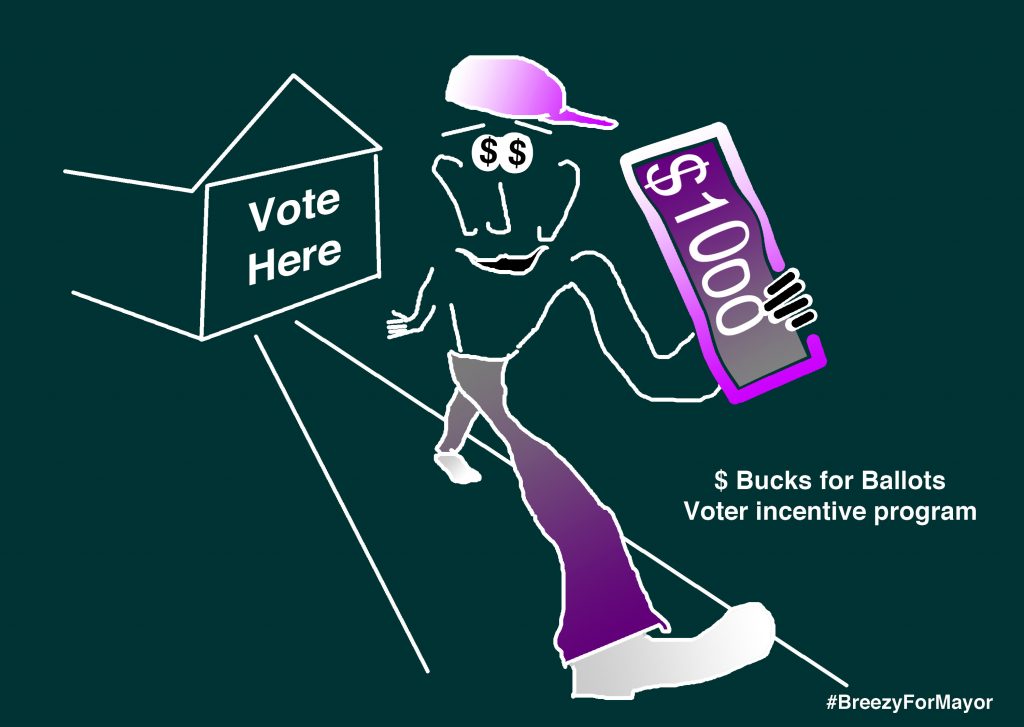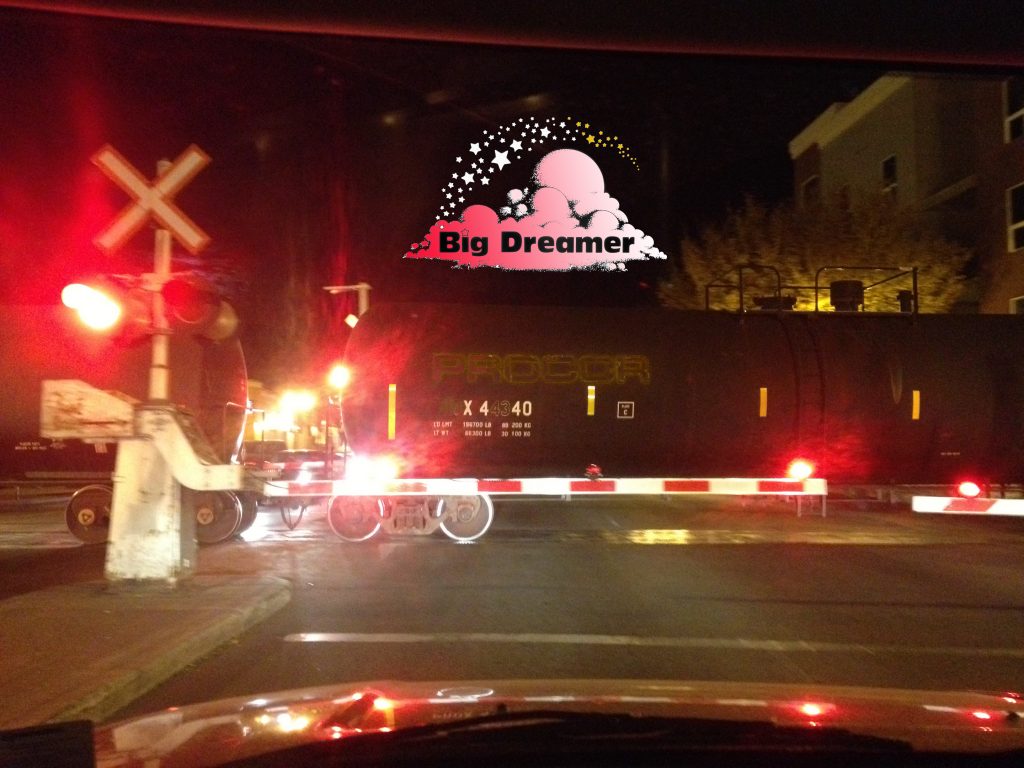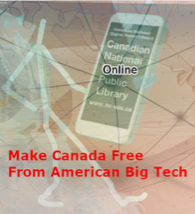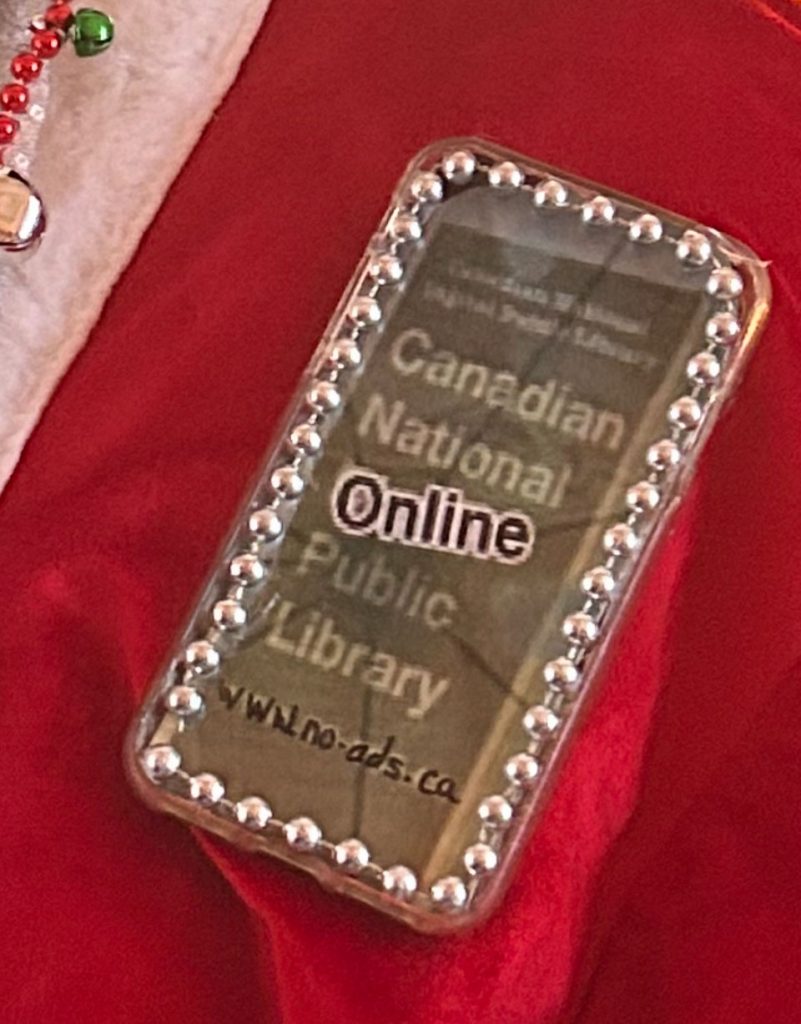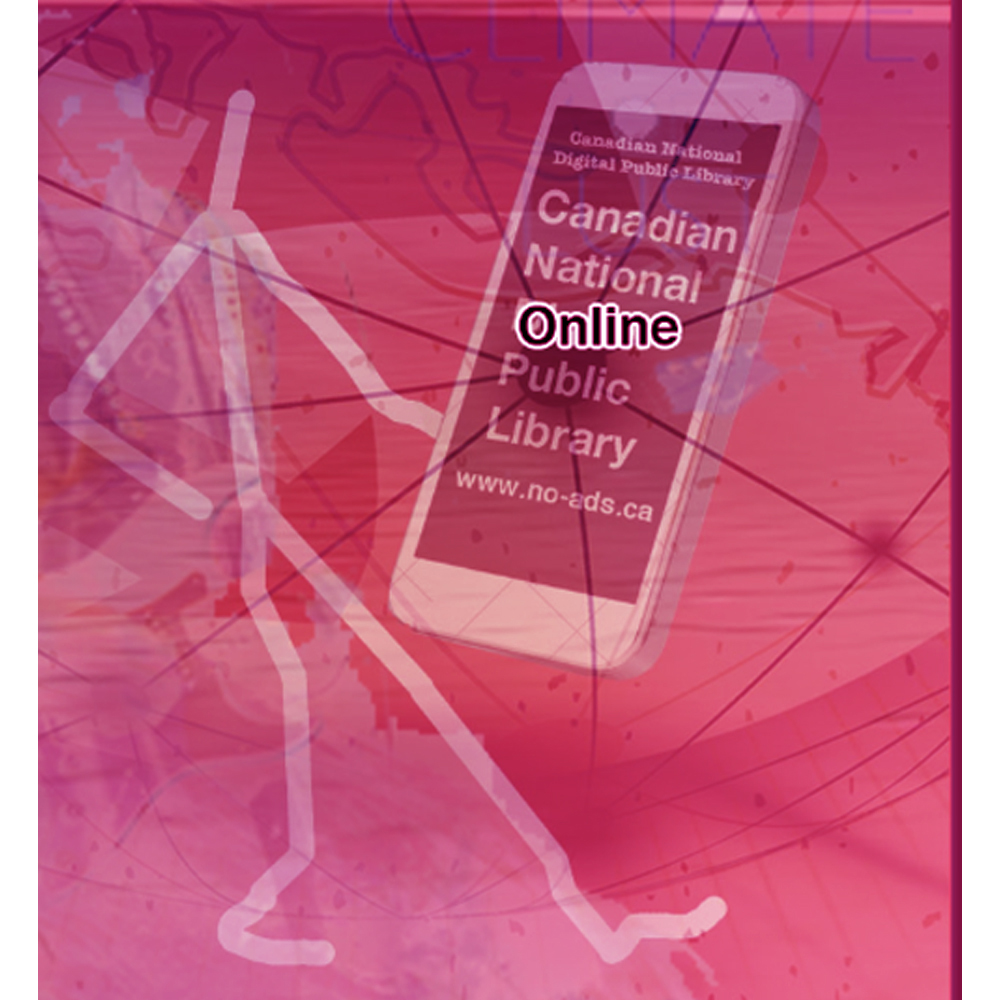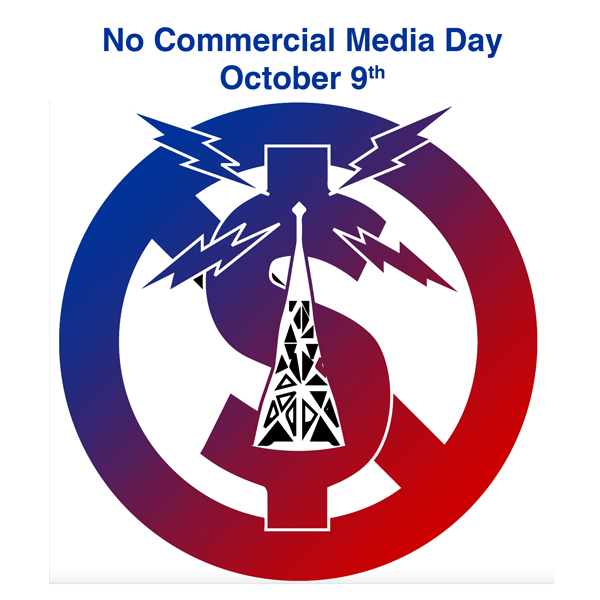Re: READ NOW: Fighting Inflation – Perspectives Journal No. 3
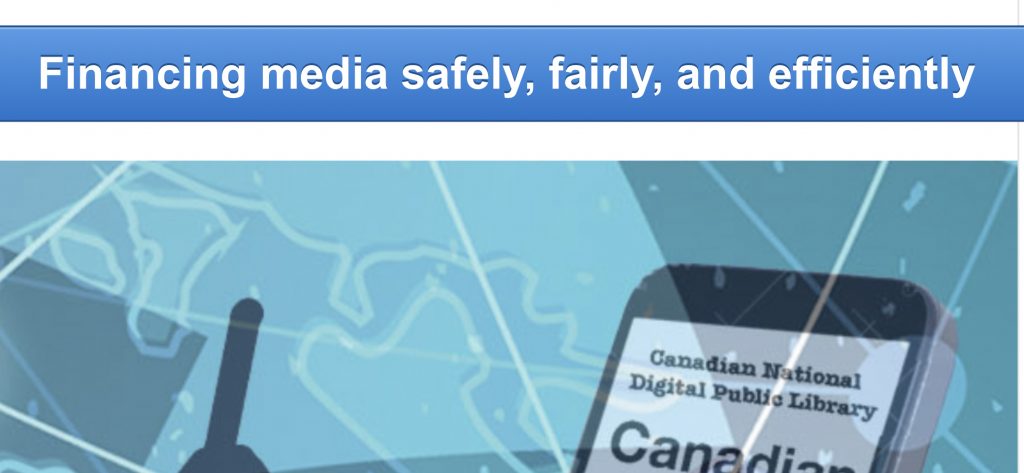
www.no-ads.ca
Dear Broadbent Folks
The advertising industry spurs consumption and inflation.
*The online media content access industry* should be and could be a public service.
What do you think of this? It triggers me when I see (as below) that you are sending me an automatic mass email that finishes with hot link advertisements for American Big Tech Firms’ services.
Breezy Brian, Perspectives: A Canadian Journal of Political Economy and Social Democracy, No. 3 – Spring 2025, a publication by the Broadbent Institute,
can now be read online.
On Apr 24, 2025, at 8:20 AM, Broadbent Institute info@broadbentinstitute.ca wrote:
The Broadbent Institute and Perspectives Journal TeamBroadbent InstituteStation B, PO Box 1273, Ottawa, Ontario K1P 5R
Facebook | Twitter | Instagram
Why are you for no charge presenting influential advertising for these firms that in my opinion create online spaces where the voices of big money dominate and mute and cast doubt on the very messages that the Broadbent Institute would hope to spread widely.?
What do I do to get one real person employed by the Broadbent Institute to offer their time to consider something else than the issues on the current dictated agenda?
As I understand it Accountability Journalism Institute has done a great job in describing the recent online networks of disinformation and the history of the spread of not only false stories but also the spread of strategies and techniques to spread lies more widely.
Arguably there is more disinformation than you or I can ever know. How can wack-a-mole ever give us clean online sources?
That being said my strategy is not to describe particular false or ill intentioned stories. My strategy is to look for a way to make it hard and expensive, instead of profitable, to lie online in the first place.
So what do you think of this? I think the way to make it hard and expensive to lie online is to create a Online Public Library where a natural person may add their content to the Online Public Library only if they give their true identity and only if they agree to follow all the laws, rules and regulations that apply to the publication of print media. Not only that, such a person would be automatically payed 30 days later each time a patron chose to use the content. As well if a patron deemed the content they accessed to be inappropriate and unworthy, patrons would have a manual option to block any payment their use automatically trigged. This is a payment system where the State bankrolls the service but each payment is democratically determined by a patron.
In the case where a firm wished to contribute content to the Library they would need an identified natural person to take responsibility and suffer the consequences for breaching the rules, laws and regulations that apply to publishing print media.
I’m happy to answer any questions. I have much more to say about how such a service would work. You can read more and quote me from my website:
The Online Public Library Proposal for democratic media reform
https://no-ads.ca
I would like to know what you think of the idea that *the online media content access industry* should be and could be a public service?
Most Canadians have opinions on our policies to have public health care, public roads, and public education.
I do not care at all about being paid or having credit for any new ideas. I care about sharing what I think is a good idea.
I reach out constantly regarding the idea. I have pitched the idea to every Canadian MP, and to hundreds of journalists and academics.
I ask, why would you agree or disagree with the idea that *the online media content access industry* should be and could be a public service?
No reporter will report in the news that the idea exists.
No professional academic will acknowledge that the idea exists.
No democratically elected official will say if they agree or disagree with the idea.
Have you ever been in a room full of people and they are all talking and listening to each other but no one is talking with you?
I feel like I have described the idea quite fully on my own website [ www.no-ads.ca ] which is available to anyone who has access to the World Wide Web.
*the online media content access industry — is the industry that gives patrons access to online content. It only provides access. It does not produce the majority of the content. In the current state of the internet this industry is dominated by a few very large firms including; Google, YouTube, Meta, Facebook, Instagram, TicToc, Twitter (now X), Telegram, Spotify, Netflix, Apple, MicroSoft, Substack and Amazon.
Thank You
Breezy Brian Gregg
NO ADS CANADA
www.no-ads.ca
Make Canada Free From American Big Tech

